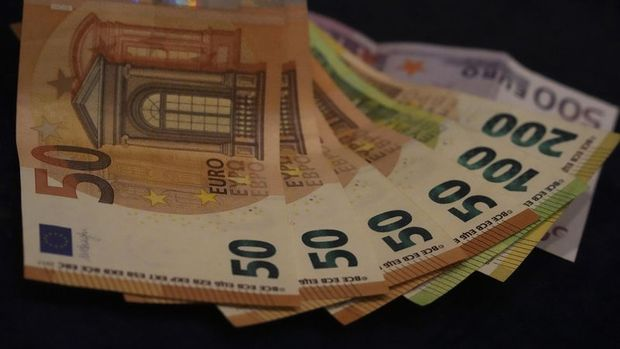New member of the euro
Croatia joined the euro with the new year. The country also joined the Schengen area, which allows travel within the European Union (EU) without border control. Croatia became the 20th country to join the Eurozone. With the new year, Croatia became the twentieth country to join the Eurozone. European Central Bank President Christine Lagarde said that Croatia joining the Eurozone was proof that the euro continues to be attractive. Lagarde, who said, “Croatia worked very hard to become the 20th member and succeeded,” stated that the euro brings stability to its members. With Croatia joining the euro, the number of members of the ECB’s Governing Council, which sets interest rates, will increase to 26 with the participation of Croatian Central Bank President Boris Vujcic. Romania and Bulgaria, the lowest-income country in the union, are also aiming to join the euro, but the process is progressing slowly in these two countries. The Czech Republic, Poland, Hungary and Sweden have not started any process to join the euro. First shopping with euros Croatia, whose inclusion in the Schengen and euro zone was approved by the Home Affairs Council, consisting of the European Union (EU) Home Affairs Ministers, on December 8th last year, was officially included in the said regions with the new year. In Croatia, which joined the EU in 2013, the police placed a sign saying "free passage" symbolizing the end of border controls at the Bregana border gate on the Slovenian border in a ceremony held in the first minutes of the new year and removed the barrier for the last time. Croatian Prime Minister Andrej Plenkovic said in a speech at a separate ceremony held later in the day, "It is a day when we witness a state achieving its strategic goals and when we experience historic moments that honor us." European Commission President Ursula von der Leyen, who attended the ceremony, said, "Today, Croatia is joining the Schengen area and the euro zone, two great achievements for the youngest member state of the European Union. It achieved both on the same day. This is truly a day that will go down in the history books." After the ceremony, Plenkovic and von der Leyen then toured the capital Zagreb, buying coffee at a café in euros instead of kuna. Plenkovic paid for the coffee in euros and was applauded by von der Leyen. ECB/Lagarde: Rapid wage growth must not be allowed to fuel inflation European Central Bank President Christine Lagarde said wages in the euro zone were already rising faster than previously thought. The ECB must prevent such rapid wage increases from adding further to already high inflation, European Central Bank President Christine Lagarde said. "We know that wages are rising and probably at a faster pace than expected. We must not allow inflationary expectations to get out of control or wages to have inflationary effects," Lagarde told Croatian newspaper Jutarnji. Lagarde also stressed that the ECB must take the necessary measures to reduce inflation from the current 10% to its target of 2%.


